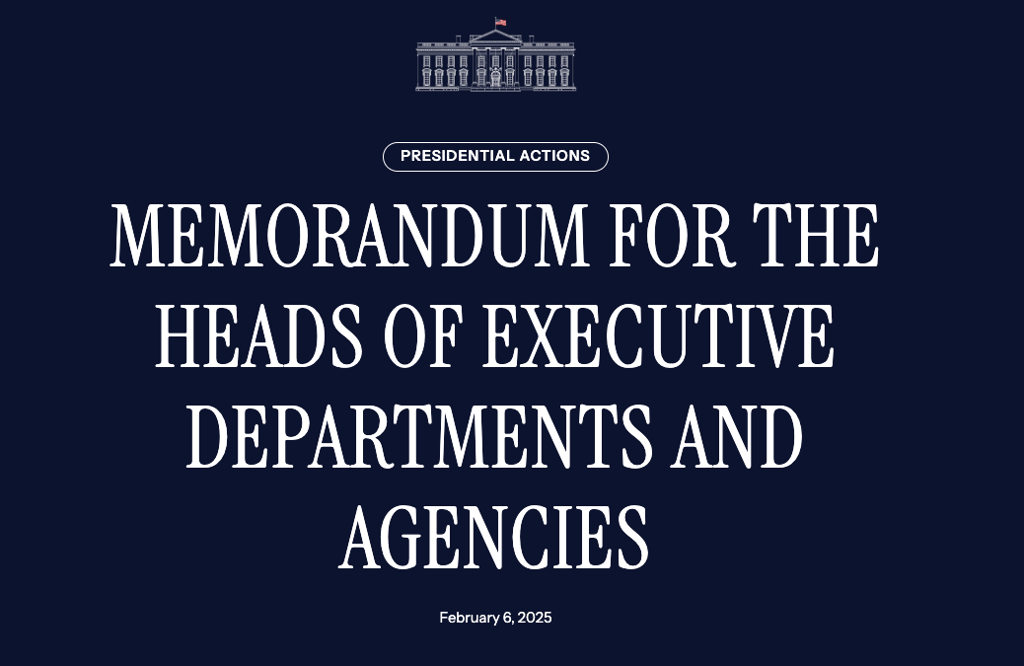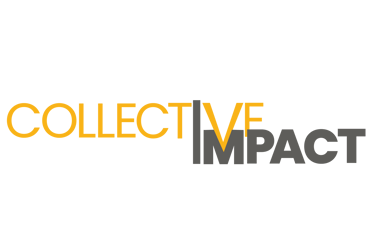Summary of the Memo: Advancing United States Interests When Funding NGOs
Summary of the Memo: Advancing United States Interests When Funding NGOs
2/10/20252 min read


The recent memo issued by the U.S. Government directs review and potential revision of the funding policies for Nongovernmental Organizations (NGOs). The memo intends to ensure taxpayer dollars are not allocated to organizations that may undermine U.S. interests, particularly in national security, prosperity, and safety.
Key Points
Policy Shift: The administration has adopted a new policy that prioritizes aligning NGO funding with national interests. This represents a significant shift in how NGOs have traditionally been funded, particularly those engaged in advocacy or activities that may be considered critical of U.S. policies.
Review of Funding: Heads of executive departments and agencies are directed to review all existing funding for NGOs comprehensively. This review will assess the compatibility of these organizations' actions and missions with the administration's goals and the broader national interest.
Future Funding Decisions: As we advance, funding decisions will need to align with:
National Security: The administration prioritized border security, aiming to end policies perceived as lenient towards undocumented immigrants. This included reinstating strict immigration measures and utilizing military resources for border protection.
Economic Independence: The administration sought to enhance American energy dominance by rolling back climate regulations and promoting consumer choice. It also sought to empower American businesses through an America First Trade Policy to reduce dependency on foreign entities.
Government Accountability: A significant focus was placed on reforming the federal bureaucracy, halting new hires, improving efficiency, and ensuring accountability among government employees.
Cultural Values: The administration aimed to promote traditional American values, which included establishing clear definitions of gender and honoring the nation's history.
Implications for Nonprofits: Nonprofit organizations, especially those led by underrepresented communities (BIPOC), may face increased scrutiny regarding their missions and activities. Concern exists that organizations focused on social justice, advocacy for marginalized communities, or challenging existing policies could be disproportionately affected.
Increased Uncertainty: This directive has caused panic and uncertainty within the nonprofit sector. Organizations that rely on federal funding may be concerned about their future viability and ability to operate effectively under the new guidelines.
Examples of Potential Impact
Advocacy Organizations: NGOs that advocate for policy changes or highlight issues related to racial justice, environmental concerns, or human rights may risk funding if their activities are perceived as conflicting with U.S. interests.
Community Services: Organizations providing essential services to marginalized communities may also be impacted, mainly if their work is seen as politically sensitive or contrary to the administration's goals.
Conclusion
The memo signals a significant change in the relationship between the U.S. government and NGOs, particularly those addressing issues of equity and justice. In light of this new directive, nonprofit organizations, especially those led by BIPOC individuals, may need to reassess their strategies and funding approaches. The review process and its outcomes will likely shape the landscape of NGO funding in the United States for the foreseeable future.
In Solidarity,
Collective Impact is devoted to keeping you informed and supported. Join us for IMPACT News this Wednesday, February 12th, at 1 p.m. Eastern. We'll have experts from various sectors who will provide insights and advice for nonprofit leaders during these uncertain times. Let's navigate these opportunities together, building a more resilient and equitable future.


